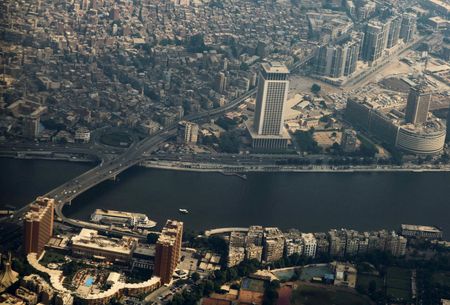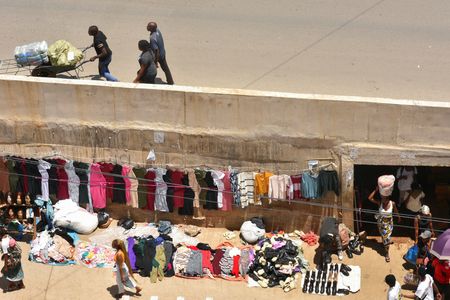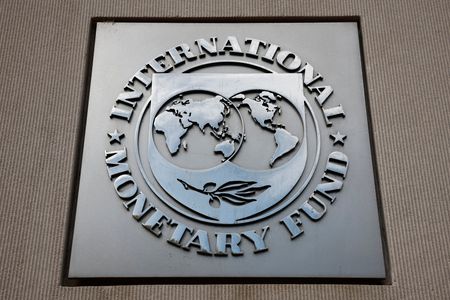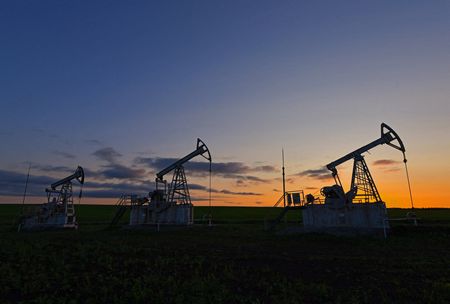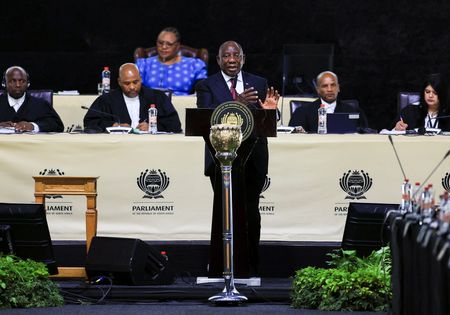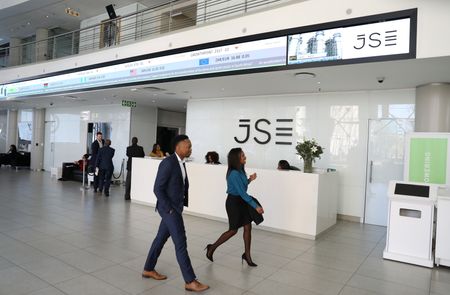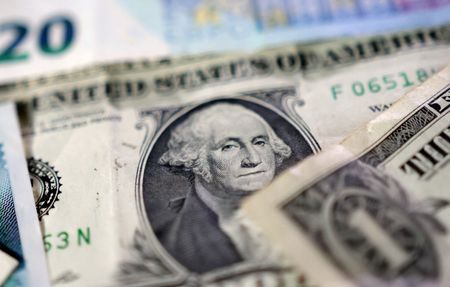CAIRO (Reuters) – Egypt’s non-oil private sector expanded in January, marking its best performance in over four years and its first growth since August as output and sales volumes increased, a business survey showed on Tuesday.
S&P Global’s headline Purchasing Managers’ Index (PMI) rose to 50.7 in January from 48.1 in December, signalling a renewed improvement in the sector’s health at the start of 2025.
A PMI reading above 50.0 indicates growth, while below that level points to a contraction.
January’s figure was the highest since November 2020, driven by a pick-up in domestic market conditions and a softening of cost pressures, which helped boost sales. However, uncertainty over the sustainability of this upturn weighed on business expectations and hiring.
“The ceasefire deal between Israel and Hamas likely added confidence to markets in January,” said David Owen, Senior Economist at S&P Global Market Intelligence. “That said, business expectations for the next 12 months remain subdued, showing that firms are still uncertain about economic stability over the longer term.”
The output sub-index climbed to 51.1 from 47.1 in December, while the new orders index rose to 51.3 from 46.4.
Despite the positive start to the year, firms remained cautious about future activity, with expectations slipping to a near historic low. Employment levels stabilised after two months of job cuts, but hiring was limited.
The sub-index for expected future output fell to 52.8 from 53.8 in December.
Cost pressures eased to an eight-month low, with input prices rising at a slower pace. This allowed firms to raise output prices only slightly, marking the softest increase in four-and-a-half years.
While the construction sector saw a decrease in purchase costs, other sectors experienced slower inflation than in December.
(Reporting by Reuters; Editing by Hugh Lawson)

